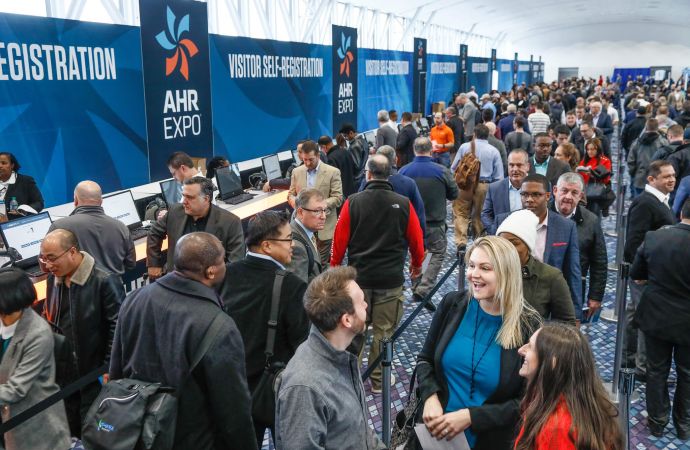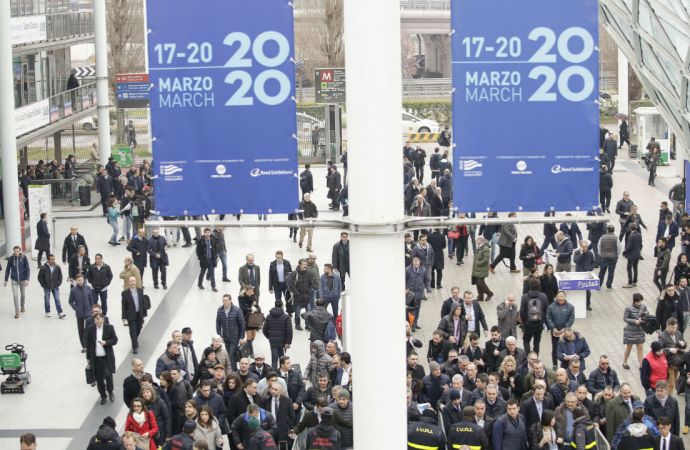German firm Güntner hails the potential of adiabatic gas coolers to help boost the efficiency of CO2 transcritical systems in warm climates.

Güntner's V-SHAPE compact gas cooler for CO2 is available with a HydroPad for adiabatic cooling.
“Adiabatic gas coolers help to promote CO2 transcritical in warm ambient climates” of up to as much as 40°C by reducing the power consumption of these systems, Till Beyer of Güntner, a German heat exchanger manufacturer, told R744.com at last year’s Sifa tradeshow.
Beyer was speaking at the Salon Interprofessionel du Froid et de ses Applications (Sifa) tradeshow in Lyon, France (28-29 November), where he was presenting the firm’s technology offer to the French market.
Adiabatic coolers are designed to improve the efficiency of the CO2 refrigeration cycle by combining two physical principles: the sub-cooling of the refrigerant and the adiabatic cooling of the air.
Understanding adiabatic cooling
In thermodynamics, an adiabatic process is one that occurs without transfer of heat between a thermodynamic system and its surroundings. The system is thus 'adiabatically isolated'. Adiabatic cooling occurs when pressure on the adiabatically isolated system is decreased, allowing it to expand and causing it to do work on its surroundings.
The gas coolers employ a fan system to draw ambient air through the adiabatic area. In the adiabatic section, the air temperature decreases thanks to the adiabatic cooling effect.
Beyer expressed optimism about the growth prospects for CO2 -based refrigeration systems in France, citing the variety of technology options already available (such as condensing units) and the potential for CO2 to make greater inroads into smaller HVAC&R applications such as cold storage in bakeries or butchers.
Related stories


